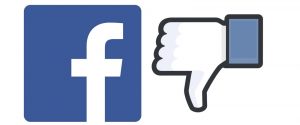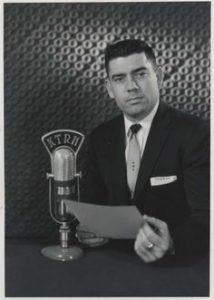“I never worked for Russia”
Let those words sink in for a moment. They were not said by Paul Manafort or Michael Flynn, but by President Trump. Even knowing Trump’s disdain for the media (with the exception of Fox News), it was an extraordinary thing to say.
I am reminded back to the days of Nixon and Watergate when he quipped “I am not a crook” which, according to Time magazine, became one of the Top 10 Unfortunate Political One-Liners (others making the list was Clinton’s “”I did not have sexual relations with that woman” and George H.W. Bush’s infamous “Read my lips: no new taxes”). The line instantly caught fire and one could arguably say was the beginning of the end of the Nixon White House.
As I so often like to point out, I am not implying Trump is guilty and this not about whether or not Trump colluded with the Russians. I’ll let the Mueller team figure that out, but it’s about an American president actually having to deny they worked for a foreign and to a large degree, adversary.
Trump supporters will say it’s because the media is obsessed with the investigation (and they would be right). They will also remind you there is no direct evidence linking Trump to conspire to rig the election (and they would be right again), but Team Trump continues to step in it.
Remember these lines…
- “Truth isn’t truth” – Rudy Giuliani
- Spicer was giving “alternative facts” – Kellyanne Conway
- “I’m not Steve Bannon, I’m not trying to suck my own cock” – Anthony Scaramucci
In the end, I guess it doesn’t matter what Trump or his team says. It seems most American’s fall into three categories. You support him, you hate him, or you hold your nose at what he says and hopes he keeps nominating conservative appointees.
Still, one has to wonder how long this ride can last before the train flies off the rails.










